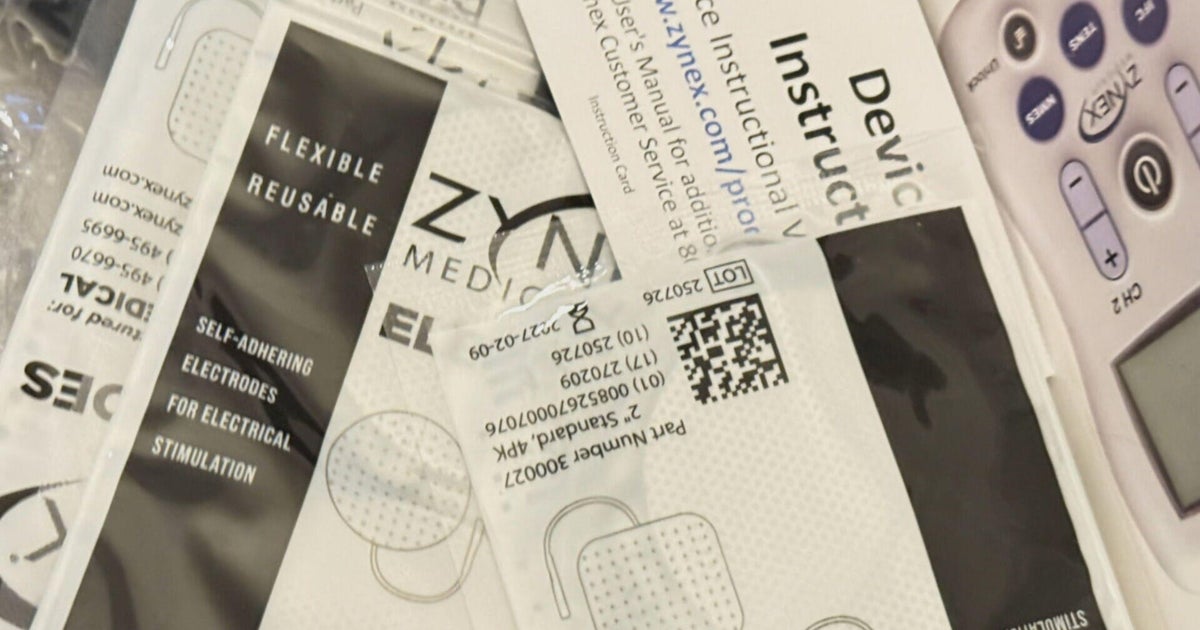U.S. Preventive Services Task Force: People Over 60 Should Not Use Aspirin As Primary Way To Prevent Heart Disease And Strokes
NEW YORK (CBSNewYork) -- The U.S. Preventive Services Task Force is recommending a major change in the use of aspirin.
The panel now says millions of Americans taking aspirin should not take it to prevent heart disease and stroke.
But as CBS2's Dr. Max Gomez reported Wednesday, it depends on your age and other risk factors.
FLASHBACK: Study: Aspirin's Role In Treating Heart Attacks, Strokes May Be Harmful To Some Patients
Aspirin is a long-known blood thinner that studies have shown could be important in preventing heart disease and stroke, but as with most things in medicine the details make a huge difference.
Blood thinners like aspirin are valuable in prevention because most heart disease and stroke are caused by blood clots. But aspirin can also cause serious, even life-threatening internal bleeding, especially brain bleeds known as hemorrhagic strokes, and that risk goes up with age.
That's why the USPST now proposes that people over the age of 60 should not take the medication for primary prevention. In other words, if you don't already have a history of heart disease.
"Based on the latest evidence, we now recommend that people 60 years and older should not start to take aspirin because the harms cancel out the benefits," the USPST's Dr. John Wong said.
FLASHBACK: HealthWatch: Aspirin May Be A Wonder Drug, But New Research Suggests It's Not For Everyone
The task force also changed its guidance for people between the ages of 40 and 59, saying only those at low risk for bleeding but whose risk of heart disease is greater than 10% over the next 10 years should consider low-dose aspirin after consulting with their doctor.
"The American College of Cardiology, the American Heart Association and a very strong message from the Food and Drug Administration that aspirin is not really indicated to prevent heart disease in people that don't already have it," added Dr. Steven Nissen of the Cleveland Clinic.
When it comes to prevention of heart disease, controlling blood pressure and cholesterol, eating healthy and exercise are just as key.
"People want to take a little pill and solve all their problems, when in fact there are other things they need to do first," Nissen said.
It's important to note these are just draft recommendations for now, meaning a final decision still has to be made on whether to adopt them after a public comment period ends Nov. 8.







